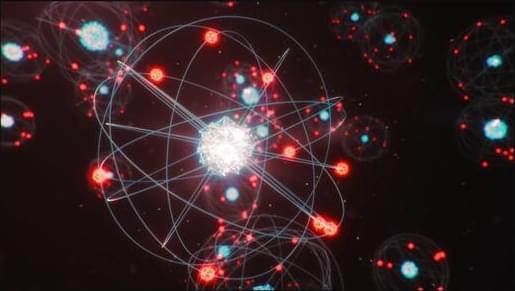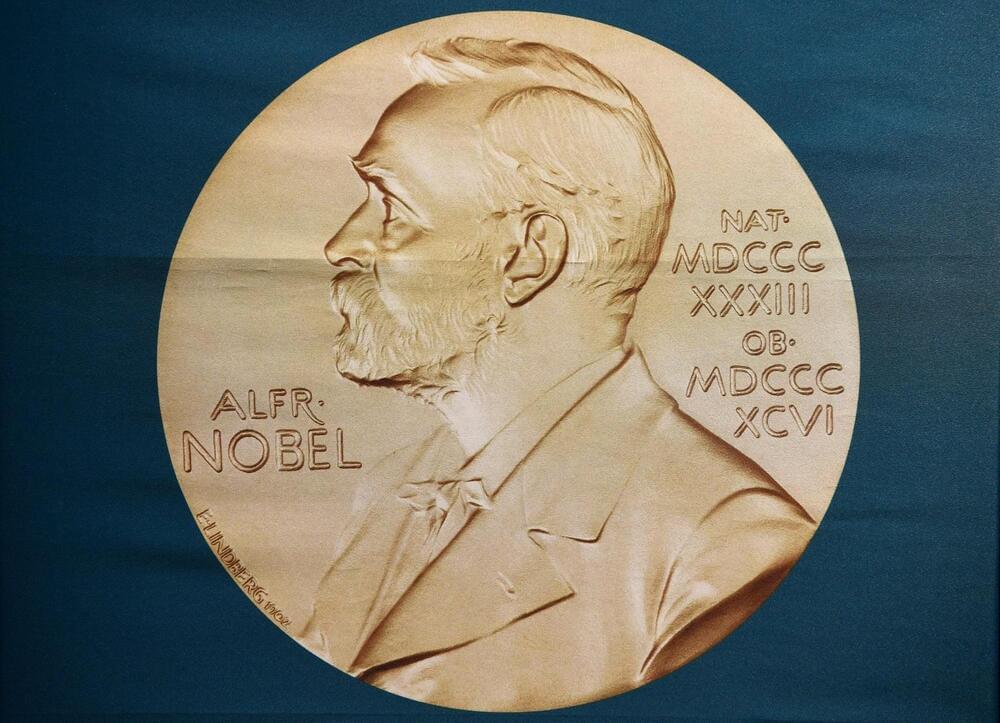Meta has joined forces with Hugging Face, an open source community-driven platform that hosts machine learning models and tools, and Scaleway, European cloud leader for AI infrastructures, to launch the “AI Startup Program”, an initiative aimed to accelerate the adoption of open-source artificial intelligence solutions within the French entrepreneurial ecosystem. With the proliferation of foundation models and generative artificial intelligence models, the aim is to bring the economic and technological benefits of open, state-of-the-art models to the French ecosystem.
Located at STATION F in Paris, the world’s largest startup campus, and with the support of the HEC incubator, the programme will support 5 startups in the acceleration phase, from January to June 2024. A panel of experts from Meta, Hugging Face and Scaleway will select projects based on open foundation models and/or demonstrating their willingness to integrate these models into their products and services.
The startups selected will benefit from technical mentoring by researchers, engineers and PhD students from FAIR, Meta’s artificial intelligence research laboratory, access to Hugging Face’s platform and tools, and Scaleway’s computing power in order to develop their services based on open source AI technology bricks. In addition to LLMs – large language models – startups will also be able to draw on foundation and research models in the field of image and sound processing. Applications are open until 1 December 2023.









